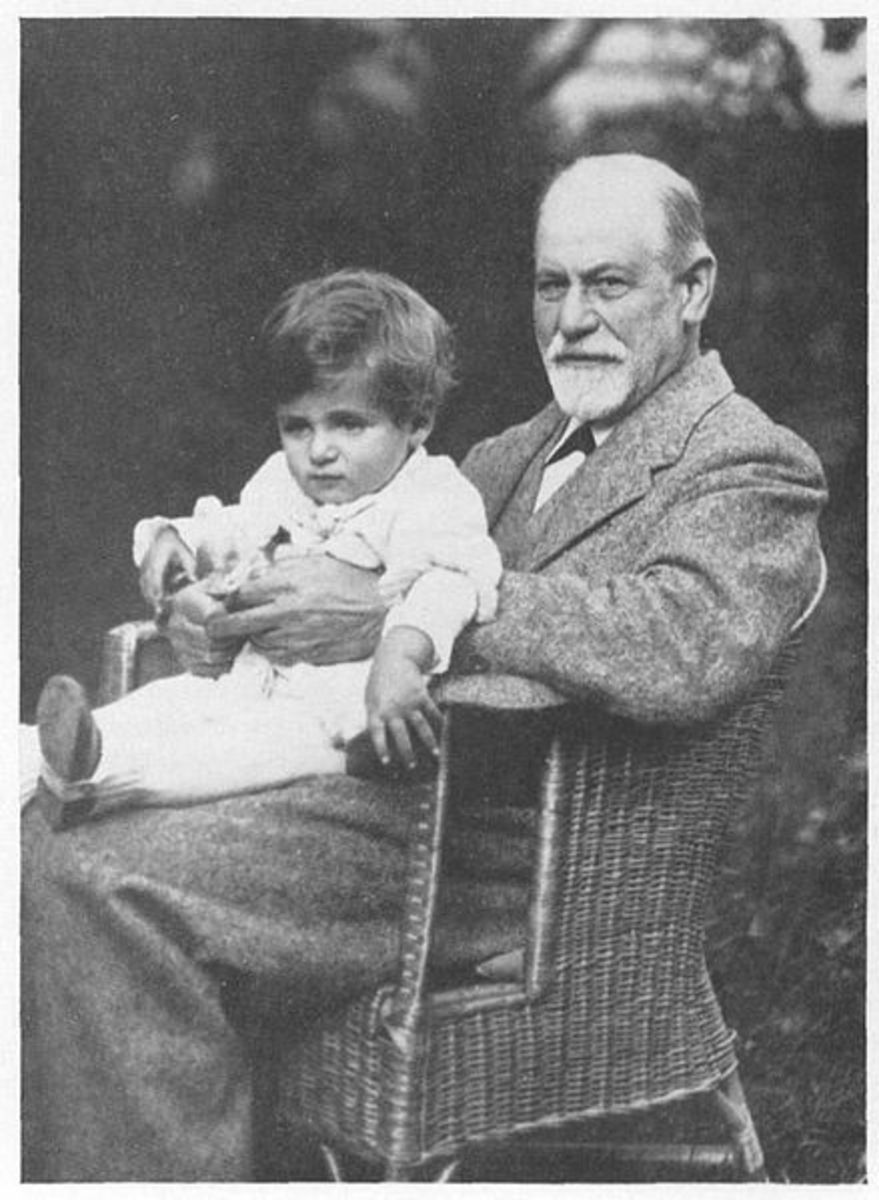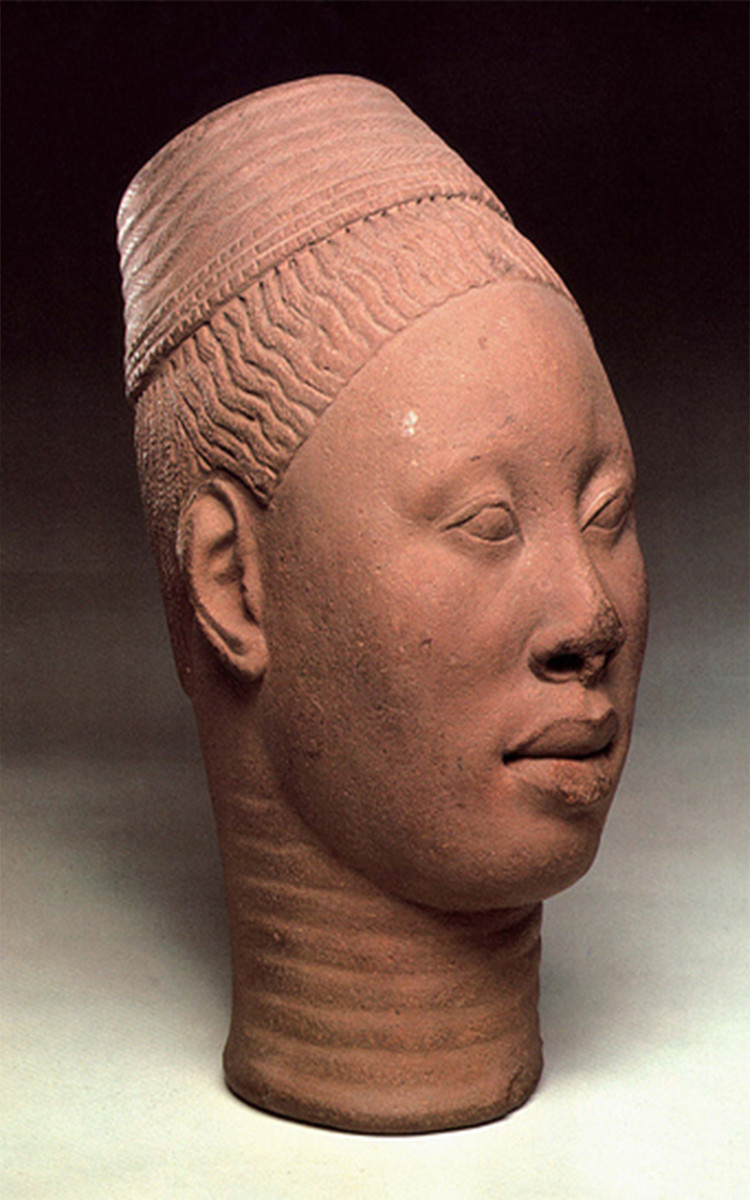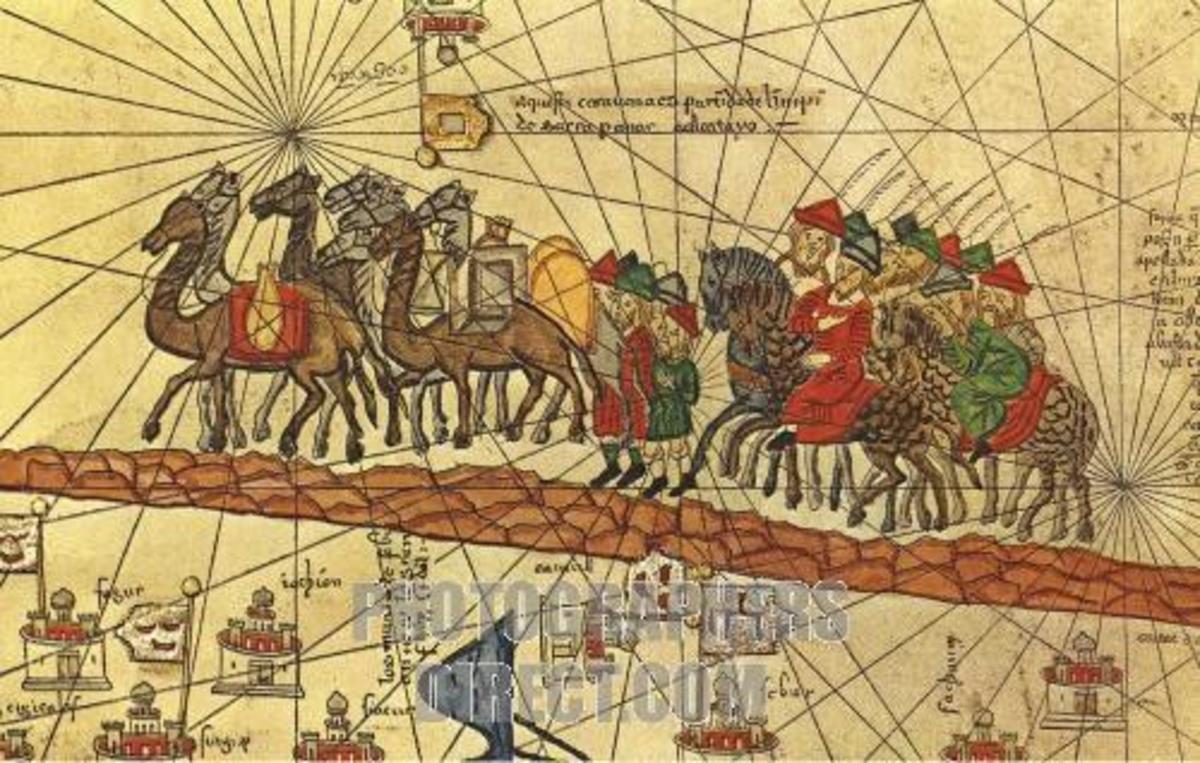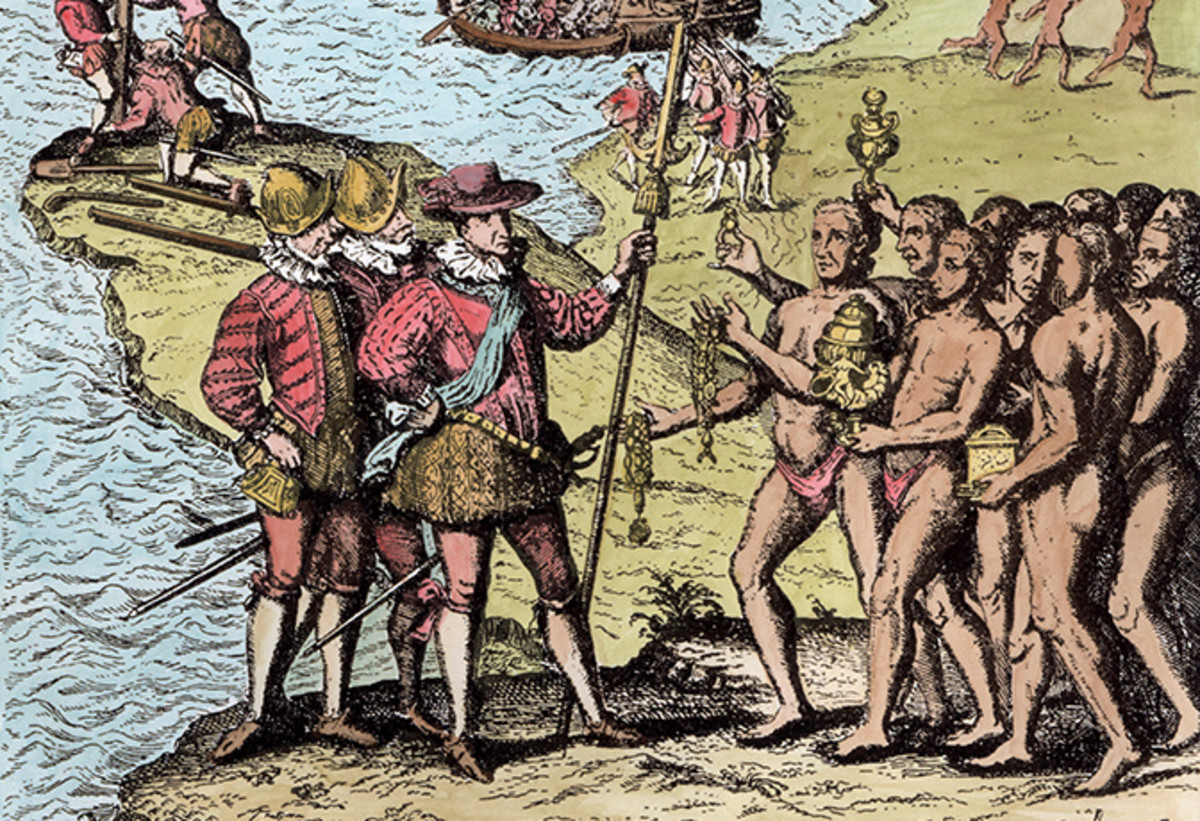A Wordscape On Civilization - I
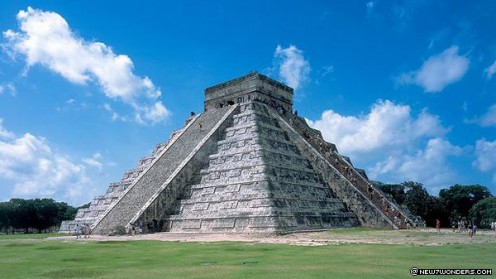
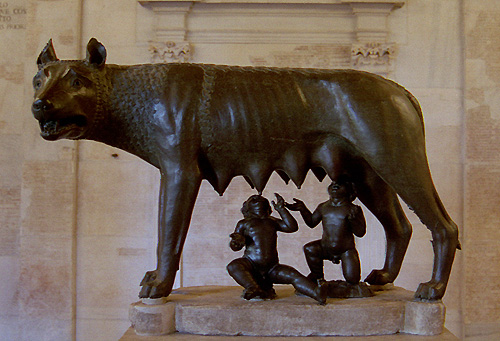
I read not long ago, “Civilisation [sic] cannot collapse, for the simple reason that it does not exist.” An interesting point of view I thought as I read further. “Where civilisation is different, and immune, is that it is a concept, not a construct...- there is no such thing as Civilisation - no thing, no structure, nothing... And the strength and beauty of a concept is that it cannot be destroyed while there are people alive to conceive it.” [1]Well, I certainly hope that ancient Rome knew that its civilization could not be destroyed. And I was relieved to know that lost civilizations, like the Aztec and Mayan, never really collapsed. They just chilled for a few millennia waiting for someone to find them again. I was soon hooked on learning more about civilizations that could rise and fall but never collapse. I became curious about this something that was “nothing”, does not exist, and can not be destroyed.
Naturally, my first reaction was to launch an Internet search on “civilization” that returned 42.9 million hits. Pretty good for something that doesn’t exist. Then, I found I was one of 4.1 million cybersurfers who searched every month for these nonexistent nothings. And by the time I was done, I had discovered a whole bunch of interesting people who said a lot of interesting things about civilization.
So I gathered some of their wisdom here with the hope that I might discover something about my former primitive, savage condition. From their insight, I might even come to understand man's rise to a higher level of social organization with all of its cultural and scientific development. But don't expect a Master's thesis. I'm content to just catch a glimpse of the relationship between me as an individual mortal and me as one of many co-existing as "civilization." What follows is an informal examination of civilization by a panel of distinguished personalities. Their words echo across continents, oceans, and centuries. They allude to the nature, purpose, and the origin of civilization. They remind us, with an occassional tinge of sadness, where civilization has taken us, the losses incurred along the way, and the dividends it has paid to humanity. Come, explore with me this contrasting wordscape of civilization, what it is, and what it ought to be.
What exactly is 'Civilization'?
Just what are we talking about? We know that civilization is not a thing, or things, that we can touch and feel. It is not like an elevator, or the tides, or a tent even thought we have all read that civilizations rise and fall, and some, we know, are said to have collapsed.
So it must be abstract concept, an ideal, or a thought. The first five contributors seem to see it this way. The variety of their perspectives serve to underscore the absolute complexity of the topic.
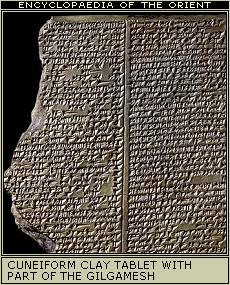
”Civilization is less a thing than a process, the transformation of the primitive. Without the primitive, civilization would cease to exist.”(~Arthur A. Brown, Storytelling, the Meaning of Life, and The Epic of Gilgamesh)
There are some that see civilization as social evolution driven by our predisposition to pursue all things bigger and better.

Civilization is a movement and not a condition, a voyage and not a harbor.”(~Arnold Toynbee)
H.G. Wells adds a touch of drama in The Outline of History when he describes civilization as a contest with dire consequences.

”Human history becomes more and more a race between education and catastrophe.” (~H. G. Wells)
Thomas Carlyle perceives civilization as a fragile veneer restraining man's savage nature as the human race moves from the primitive to the sublime.
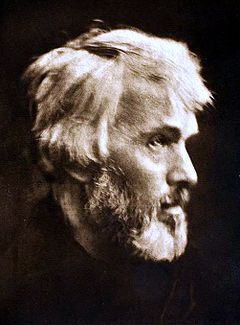
“Is man's civilization only a wrappage, through which the savage nature of him can still burst, infernal as ever?” (~Thomas Carlyle, The French Revolution, vol III, book V, chapter 7)
While some measure civilization's progress by its achievemnts in space travel and wonder drugs, others think it is all about outhouses and sewer treatment plants.

“Civilization is the distance man has placed between himself and his excreta." (~Brian Aldiss)
Where did it begin?
Okay, I have some idea what civilization is but when did it all begin? Using simplicity and directness, so typical of Dr. Sagan, he points toward the answer by reminding us that our past is the foundation upon which our future is built.

“The wind whips through the canyons of the American Southwest, and there is no one to hear it but us - a reminder of the 40,000 generations of thinking men and women who preceded us, about whom we know almost nothing, upon whom our civilization is based.”
Did you ever have the thought “great minds think alike?” I know I have which just proves how true this proverb is when we apply it to ourselves. Nevertheless, great minds have been know to think alike and still disagree. Take, for example, Sigmund Freud and Daniel Webster. Each stated an opinion about the beginnings of civilization.
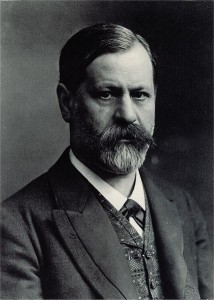
“The first human who hurled an insult instead of a stone was the founder of civilization.” (~Sigmund Freud)
Freud didn’t mention the occupation of the human he referred to, but Daniel Webster was more specific when he wrote his “Remarks on Agriculture.”
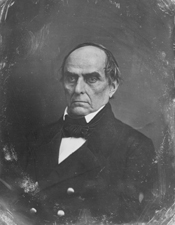
“When tillage begins, other arts follow. The farmers, therefore, are the founders of human civilization.” (~Daniel Webster)
In “The Art Of Civilized Persuasion”[2], I offer a suggestion that might help Freud and Webster resolve this difference. All they need to do is agree that most farmers are good at hurling insults.
How far do we still have to go?
Just like our kids droning from the back seat of the car, “Are we there yet?”, many minds today are asking how far away is our destination? Others, like H. P. Lovecraft, are worried that the journey of our civilization may have already gone too far.

“We live on a placid island of ignorance in the midst of black seas of infinity, and it was not meant that we should voyage far.” (~H. P. Lovecraft)
If we are indeed adrift “in the midst of black seas of infinity” then Frued is trying to tell us that too many of us are in steerage and too few of us at the helm.
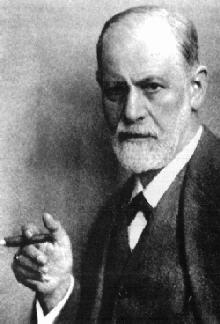
“One... gets an impression that civilization is something which was imposed on a resisting majority by a minority which understood how to obtain possession of the means to power and coercion. It is, of course, natural to assume that these difficulties are not inherent in the nature of civilization itself but are determined by the imperfections of the cultural forms which have so far been developed.” (~Sigmund Freud, The Future of an Illusion)
As is often the case with Freud, you may have to read his passage again, at least once.
If anyone believes that civilization deserves the credit for providing for all of our daily needs, then they should consider these words of wisdom from the most widely quoted person I know.

"Man - despite his artistic pretensions, his sophistication, and his many accomplishments - owes his existence to a six inch layer of topsoil and the fact that it rains.”(~Author Unknown)
What cost does man pay?
The world teaches us "There's no such thing as a free lunch" and “you get nothing for nothing.” The same world is telling us “the best things in life are free.” Are we confused yet?
Instinct and observation both tell us that mankind pays a price for civilization but not from our tangible resources. It takes an expert to identify the real costs. Once again, Dr. Sigmund Freud provides some insight.
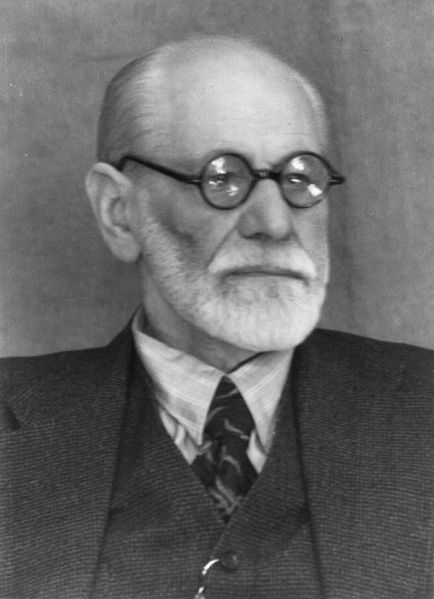
“It is impossible to overlook the extent to which civilization is built upon a renunciation of instinct.(~Sigmund Freud, Civilization and Its Discontents)
Robert Green Ingersoll also supports the notion that we pay with pieces of our humanity.

“Civilization has gotten further and further from the so-called 'natural' man, who uses all his faculties: perception, invention, improvisation.”
Civilization takes its toll in many different ways. Thor Heyerdahl reveals one way we pay in Fatu-Hiva. .

“Progress is man's ability to complicate simplicity.”,
Rabbi Abraham Joshua Heschel warns that our humanity is at risk in a demanding materialistic world.
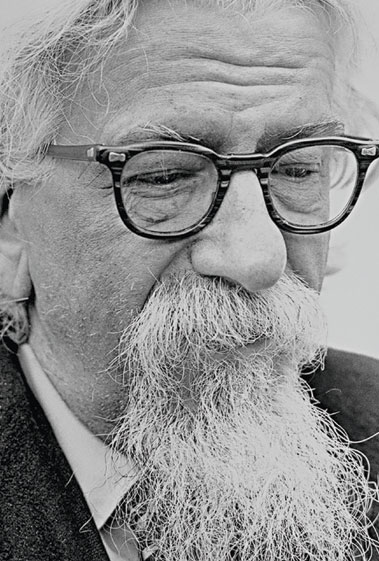
“Our concern is not how to worship in the catacombs but how to remain human in the skyscrapers.”
If mankind is in fact suffering from an acute case of civilization, then what is price of a cure? The skepticism of Edmond and Jules de Goncourt makes them seem like the brothers grim(m)!
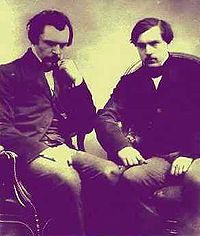
“Barbarism is needed every four or five hundred years to bring the world back to life. Otherwise it would die of civilization.” (~Edmond and Jules de Goncourt, Journal, 3 September 1855)
If civilization does in deed extract tribute from mankind, how fitting that Broadway acknowledged the payments with its own musical tribute first performed in the 1969 smash hit “Paint Your Wagon.”

“They civilize what's pretty
By puttin' up a city
Where nothin' that's
Pretty can grow....
They civilize left
They civilize right
Till nothing is left
Till nothing is right”
(~Alan Jay Lerner, "The First Thing You Know,")
And there is more, Proceed to Part II ...

